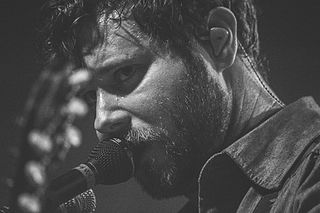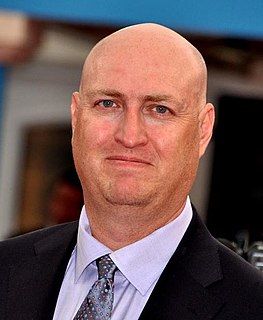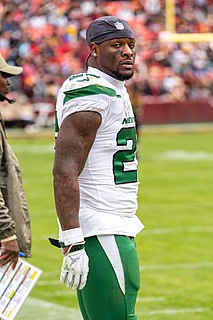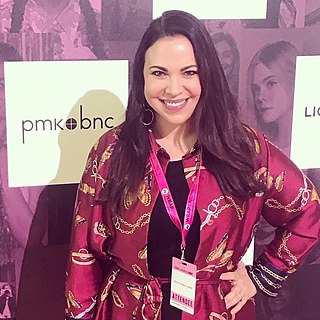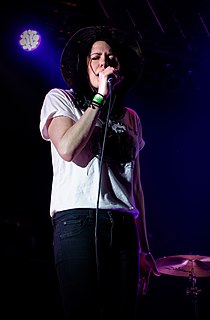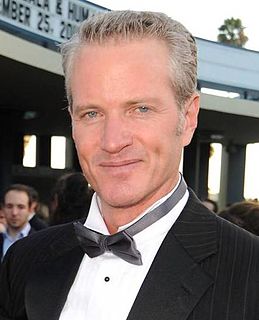A Quote by Tao Lin
I feel connected with people because of their sense of humor, worldview, and what they think and feel about certain existential issues (things not affected, in my view, by if someone rides a horse or drives a car or talks only IRL or only by typing), not how old they are, what they use to convey what they think and feel about certain existential issues, or if we have both watched the same TV shows or looked at the same websites.
Related Quotes
I think that in a certain sense, we're concerned about the same issues. How do you accent the progressive, the prophetic, those things that are critical of all forms of injustice, all forms of bigotry, all forms of dehumanizing other people, and yet still allow for a certain kind of flow, linguistic flow, certain kinds of melodies and harmonies in the samplings that take place?
The deeper reality is that I’m not sure if what I do is real. I usually believe that I’m certain about how I feel, but that seems naive. How do we know how we feel?…There is almost certainly a constructed schism between (a) how I feel, and (b) how I think I feel. There’s probably a third level, too—how I want to think I feel.
There are story-room sessions where you think about the big picture, like a novel, but once you have certain things in place, you have to treat each episode like an hour of TV, and think that maybe this will be the only episode that anyone will ever watch. You want to have some sort of beginning, middle, and end to the episode, even if you have storylines that are carrying over. You still want it to feel like a cohesive hour of entertainment. And you can't think about both at the same time.
If I wrote about "being [abstraction]" I would be ignoring existential issues (such as death, limited-time, the arbitrary nature of the universe, the mystery of consciousness) that I feel affect me most in my life and think about most of the time. Another reason is that it doesn't seem specific or accurate, to me, to write about "being [abstraction]." I think there are some other reasons.
I think 'Shade Room,' it's a different me. You know, I think it's more on the lyrical side, talking about my life and how I really feel. You know, all these things outside of football. And people really get to look at how I feel about things or how I look at certain things. It's not just a song, more so me just telling people how I feel.
Advertisers have become scared of talking about certain issues because they don't want to upset an American family. I think it's a shame because there are things we want to talk to our kids about. So to be able to talk about LGBT issues on our shows. To be able to to talk about sex on our shows. Now if you're like, "I'm going to do an episode talking to kids about sex," on a network that's hard to do!
I think, initially, working on your own is really great because it allows you to just be really free and not worry about how things are perceived or if people are going to think you're an idiot. And once that becomes ingrained, at least for me, I think I'll feel really comfortable to work with other people and still feel that same freedom.
I like to work with people of different cultures, different points of view. But yeah, I feel much more comfortable. That's the problem I sometimes have with going to Hollywood. I feel like they don't share the same values as I do. They aren't interested in the same things. It's not always true, but sometimes, I feel it deeply, because as an industry, they celebrate things that I'm less interested in, and it's all about the business.
Even in the era of AIDS, sex raises no unique moral issues at all. Decisions about sex may involve considerations about honesty, concern for others, prudence, and so on, but there is nothing special about sex in this respect, for the same could be said of decisions about driving a car. (In fact, the moral issues raised by driving a car, both from an environmental and from a safety point of view, are much more serious than those raised by sex.)

